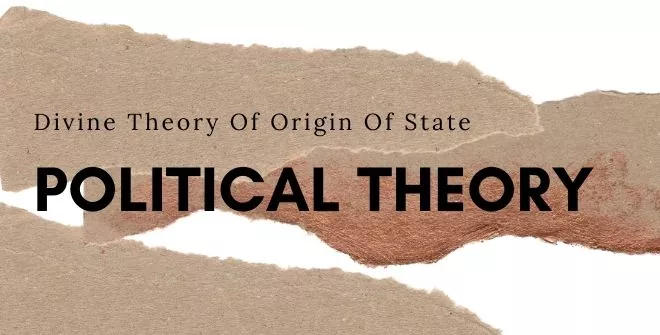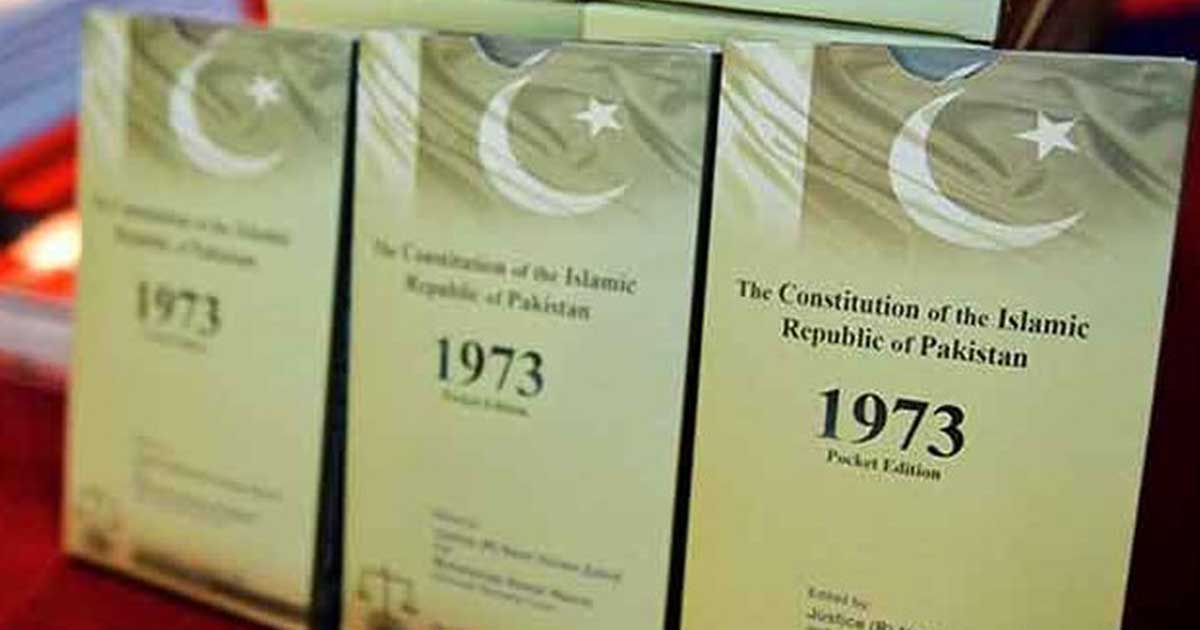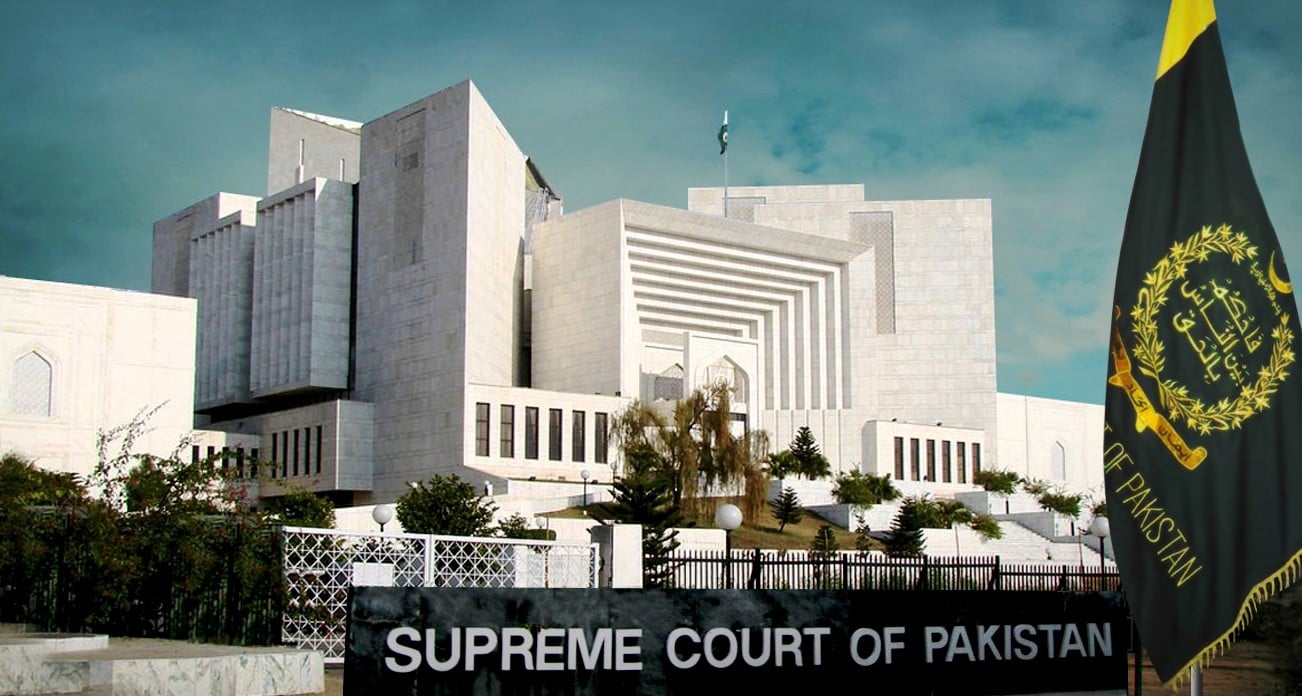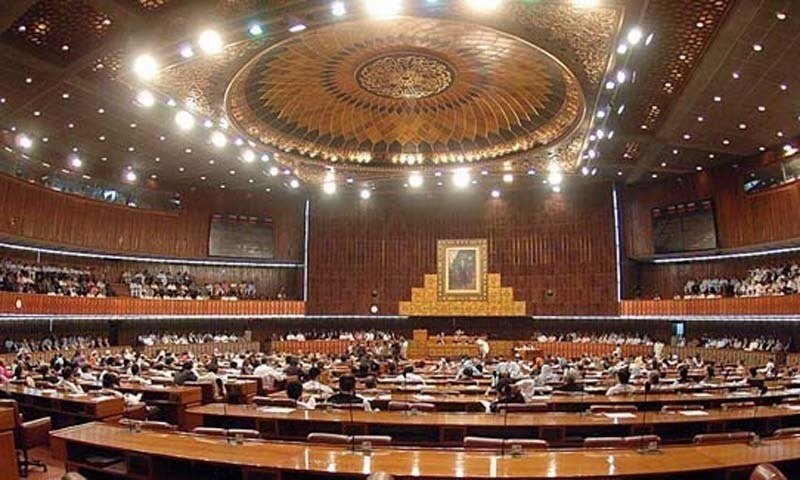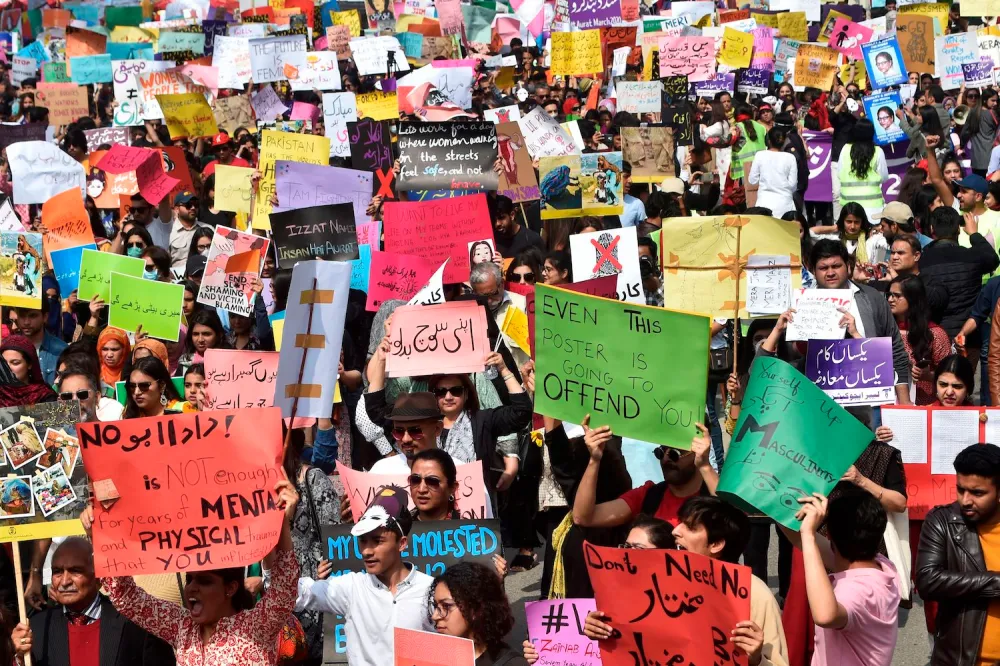ANALYSIS
All human beings have the right to enjoy respect for their freedom and protection. It is apodictic that, without an efficient guarantee of the Liberty and security of the human person, the safety of other individual rights becomes increasingly vulnerable and often illusive. Yet, as evidenced by the work of monitoring organs, arrests and detentions without probable cause and without any effective legal remedies available to the victims concerned are commonplace. During such arbitrary and unlawful deprivations of Liberty, the detainees are frequently also deprived of access to lawyers and their own families and also subjected to torture and other forms of ill-treatment. The charter of the United Nations, with its subsequent documents, provides safeguards against arrest and detention. The Constitution of Pakistan provides specifically article 10 of the Constitution to ensure the safeguards for arrests and detention. Liberty and due process of law is the hallmark of human rights. https://republicpolicy.com/article-8-is-the-heart-of-the-constitution-of-pakistan/
SAFEGUARD TO ARREST & DETENTION
Article 10
(1) No person who is arrested shall be detained in custody without being informed, as soon as may be, of the grounds for such arrest, nor shall he be denied the right to consult and be defended by a legal practitioner of his choice.
(2) Every person who is arrested and detained in custody shall be produced before a magistrate within a period of twenty-four hours of such arrest, excluding the time necessary for the journey from the place of arrest to the Court of the nearest magistrate, and no such person shall be detained in custody beyond the said period with out the authority of a magistrate.
(3) Nothing in clauses (1) and (2) shall apply to any person who is arrested or detained under any law providing for preventive detention.
(4) No law providing for preventive detention shall be made except to deal with persons acting in a manner prejudicial to the integrity, security or defence of Pakistan or any part thereof, or external affairs of Pakistan, or public order, or the maintenance of supplies or services, and no such law shall authorize the detention of a person for a period exceeding 1[three months] unless the appropriate Review Board has, after affording him an opportunity of being heard in person, reviewed his case and reported, before the expiration of the said period, that there is, in its opinion, sufficient cause for such detention, and, if the detention is continued after the said period of ‘[three months], unless the appropriate Review Board has reviewed his case and reported, before the expiration of each period of three months, that there is, in its opinion, sufficient cause for such detention.
Explanation I.— In this Article, “the appropriate Review Board” means,
(5) When any person is detained in pursuance of an order made under any law providing for preventive detention, the authority making the order shall, 2[within fifteen days] from such detention, communicate to such person the grounds on which the order has been made, and shall afford him the earliest opportunity of making a representation against the order :
Provided that the authority making any such order may refuse to disclose facts which such authority considers it to be against the public interest to disclose.
(6) The authority making the order shall furnish to the appropriate Review Board all documents relevant to the case unless a certificate, signed by a Secretary to the Government concerned, to the effect that it is not in the public interest to furnish any documents, is produced.
(7) Within a period of twenty-four months commencing on the day of his first detention in pursuance of an order made under a law providing for preventive detention, no person shall be detained in pursuance of any such order for more than a total period of eight months in the case of a person detained for acting in a manner prejudicial to public order and twelve months in any other case :
Provided that this clause shall not apply to any person who is employed by, or works for, or acts on instructions received from, the enemy 1[, or who is acting or attempting to act in a manner prejudicial to the integrity, security or defence of Pakistan or any part thereof or who commits or attempts to commit any act which amounts to an anti-national activity as defined in a Federal law or is a member of any association which has for its objects, or which indulges in, any such anti national activity].
(8) The appropriate Review Board shall determine the place of detention of the person detained and fix a reasonable subsistence allowance for his family.
(9) Nothing in this Article shall apply to any person who for the time being is an enemy alien.
Personal Liberty is a priceless right innate and unaffected to everyone living in a civilized society. Then, that right is recognized and guaranteed in a civilized society. Furthermore, the right is recognized and certified by the Constitution; therefore, the courts are bound to protect the constitutionally guaranteed rights. It is a fundamental right, and thus the state shall implement it.https://republicpolicy.com/article-9-of-the-constitution-provides-security-of-person-however-it-remains-only-in-the-book/
Arrest and detention under this Article accentuates territorial jurisdiction of the High Court. Consequently, this, again, is a significant issue directly related to the enforcement of fundamental rights, and none can abridge the right to move the High Court. Suppose a citizen of Pakistan belonging to any province of Pakistan is residing in a different province when his fundamental right is infringed. In that case, the province’s High Court has territorial jurisdiction to issue a writ. If the Federal Government abridges it, the citizen may move any High Court of the country to enforce the right.
Article 10 of the Constitution has two parts; general direction in respect of a person who is arrested, that he must be informed, as soon as may be, of the grounds for such arrest, and that he shall not be denied the right to consult and be defended by a legal practitioner of his choice. The law relating to preventive detention and the Constitutional safeguard within limits is applicable across Pakistan. Under section 340 of the Criminal Procedure Code, the right to be defended by a lawyer in a criminal case is affirmed, that “any person accused of an offence before a criminal Court, or against whom proceedings are institued under this Code in any such Court, may of right be defended by a pleader”.
The right to be informed and the grounds upon which the arrest of a person has been directed is an undeniable Constitutional right of a person. In various judgements, it has been held that grounds of arrest and detention not communicated to the detenue nor any material on record establishing such communication is a violation of the provisions of this Article. No supply of grounds would vitiate an order passed against had delivered in inflammatory speech without disclosing the place and occasion was held in conflict with this Article. Article 10 constructs a Fundamental Right protected by Constitution, and its suspension cannot have the effect of depriving an aggrieved person of approaching the Court with complaints regarding the deprivation of his life or Liberty; depriving a Citizen of his freedom must be subject to the law. If a detaining authority fails to supply grounds for detention as soon as required by law, the same can be allowed to be urged at the heating stage. The courts are obliged to direct that state functionaries should bring the person in custody before it to satisfy that he has not been detained without lawful authority or illegally.https://republicpolicy.com/explaining-article-4-of-the-constitution-is-there-protection-of-law-in-pakistan/
Constitution delivers the accused a right to be defended by a counsel of his choice, and no person should be compelled to accept the services of a counsel not engaged by him. Arrangements of a State counsel are only made in cases in which he is not able to entertain a counsel, or he requests for such facility, and in such cases, the choice of a particular counsel is not available in similar situations and circumstances, the right to make representation must be made available to the detenue and the facility of engaging a lawyer cannot be denied to a prisoner. However, an accused person can hire a counsel of his own choice, but not necessarily at state expenses. If a condemned prisoner is not satisfied with the counsel engaged by the state, he can object to it.
Similarly, Under sub-clause 2 of Article 10 of the Constitution, authorities affecting the arrest of any person or detaining him in custody are charged with the duty of producing such a person within 24 hours of such arrest, exclusive of the time necessary for the journey from the place of arrest to the Court of a magistrate. When any person is detained in pursuance of an order made under any law providing for the prevention, where a person arrested is illiterate the grounds may be communicated to him verbally, the grounds may be communicated to him verbally, but the grounds communicated must be grounds on which detention was ordered and not different. The Liberty of a subject must be strictly and vigorously complied with. Unless such an order is passed in strict conformity with the provision of the detention law, the order would be violative of Article and restricting a person’s movement to his dwelling house is tantamount to detention.https://republicpolicy.com/explaining-article-3-of-the-constitution-who-will-eliminate-exploitation/
The detentions based on the grounds of “being satisfied” or “suspecting on reasonable grounds” were held that mere production of the order reciting satisfaction of the authority is not sufficient and that the authority must also place before the Court the material upon which is so claimed to have been satisfied that the detenue is not being held without lawful authority. Therefore, the acts that have been done malafide, or with ulterior motives or without properly and honestly applying one’s mind or based on one individual caprice were held not done under this Article.
Article 10(4) of the Constitution authorizes preventive detention not exceeding three months unless the appropriate Review Board, after affording an opportunity of being heard, extend the period of detention subject to sufficient cause for twenty-four months commencing on the day of his first detention in pursuance of an order made under a law providing for preventive detention. No person shall be detained in pursuance of any such order for more than a total period of eight months in case of a person detained for acting in a manner prejudicial to public order and twelve months in any other case, and where a person was ordered to be detained for two months but before the expiry of that period the Review Board, on a reference made to it reported that there were sufficient grounds for detention for more than two months. It was held that detention beyond three months was illegal because to justify further detention, the Board must report that there were sufficient reasons for detention and that the reasons also justify detention for a period exceeding three months. The detention would be illegal if the case is not placed before the Review Board within the time prescribed.
A person arrested and detained under punitive and preventive laws has a right to know the grounds and substance of arrest in black and white. No person can be arrested or detained in custody without complying with such requirements, nor can he be denied the right to consult a legal practitioner. The Liberty of a person is the most assured fundamental right of a citizen. Then, there are severe challenges in implementing article 10 of the Constitution. Arrest and detention are lawful procedures for breaking the law. However, due process of law needs implementation even for the accused. Human dignity is an inviolable human right. The cause of justice is also supreme. There are serious human rights violations in our criminal justice system process of arrest and detention. The police’s arbitrary actions require administrative and judicial crosses. The presumption of truth needs the priority. The reality is that Pakistan has faced serious security challenges, and due process has always been challenging. Yet, the state apparatus must understand that the dignity and sublimity of human rights are unavoidable. https://republicpolicy.com/do-you-know-your-fundamental-rights/





